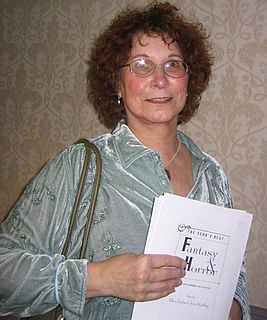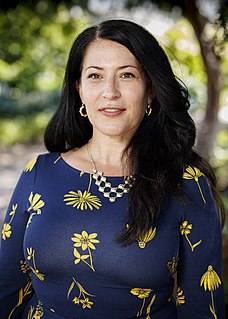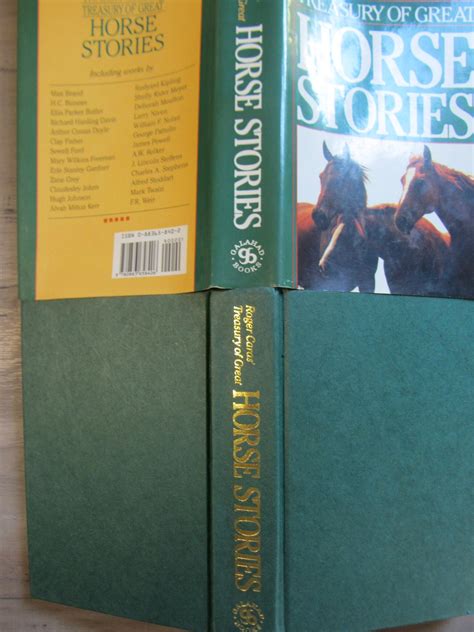A Quote by Zygmunt Bauman
The woe of mortality makes humans God-like. It is because we know that we must die that we are so busy making life. It is because we are aware of mortality that we preserve the past and create the future. Mortality is ours without asking--but immortality is something we must build ourselves. Immortality is not a mere absence of death; it is defiance and denial of death. It is 'meaningful' only because there is death, that implacable reality which is to be defied.
Related Quotes
Death is nothing to us: for after our bodies have been dissolved by death they are without sensation, and that which lacks sensation is nothing to us. And therefore a right understanding of death makes mortality enjoyable, not because it adds to an infinite span of time, but because it takes away the craving for immortality.
We are left with nothing but death, the irreducible fact of our own mortality. Death after a long illness we can accept with resignation. Even accidental death we can ascribe to fate. But for a man to die of no apparent cause, for a man to die simply because he is a man, brings us so close to the invisible boundary between life and death that we no longer know which side we are on. Life becomes death, and it is as if this death has owned this life all along. Death without warning. Which is to say: life stops. And it can stop at any moment.
Accustom yourself to believe that death is nothing to us, for good and evil imply awareness, and death is the privation of all awareness; therefore a right understanding that death is nothing to us makes the mortality of life enjoyable, not by adding to life an unlimited time, but by taking away the yearning after immortality. For life has no terror; for those who thoroughly apprehend that there are no terrors for them in ceasing to live.
I mean, it's hard to talk about death without realizing that's our end too, right? I am constantly aware of death. It's not that I want to be, but it's a fascination of the mind and it plays a role in why I want to live my life a certain way. The more I am aware of my mortality the better person I am and the better I am at choosing a life that is aware of its beauty.
I don't necessarily view death as something negative. Death gives meaning to life. Living in fear of death is living in denial. Actually, it's not really living at all, because there is no life without death. It's two sides of the one. You can't pick up one side and say, I'm just going to use the 'heads' side. No. It doesn't work like that. You have to pick up both sides because nothing is promised to anyone in this world besides death.
Laughter. Yes, laughter is the Zen attitude towards death and towards life too, because life and death are not separate. Whatsoever is your attitude towards life will be your attitude towards death, because death comes as the ultimate flowering of life. Life exists for death. Life exists through death. Without death there will be no life at all. Death is not the end but the culmination, the crescendo. Death is not the enemy it is the friend. It makes life possible.
Such a thing as the child left alone to die in the hallway was unknown on the marsh. But here, in the dawn, was mortality itself. In the city were places to fall from which one could never emerge -- dark dreams and slow death, the death of children, suffering without grace or redemption, ultimate and eternal loss. The memory of the child stayed with him. But that was not to be the end of it, for reality went around in a twisting ring. Even the irredeemable would be redeemed, and there was a balance for everything. There had to be.
What if it is for life's sake that we must die? In truth we are not individuals; and it is because we think ourselves such that death seems unforgivable. We are temporary organs of the race, cells in the body of life; we die and drop away that life may remain young and strong. If we were to live forever, growth would be stifled, and youth would find no room on earth. Death, like style, is the removal of rubbish, the circumcision of the superfluous. In the midst of death life renews itself immortally.
The story of my recent life.' I like that phrase. It makes more sense than 'the story of my life', because we get so many lives between birth and death. A life to be a child. A life to come of age. A life to wander, to settle, to fall in love, to parent, to test our promise, to realize our mortality- and in some lucky cases, to do something after that realization.




































